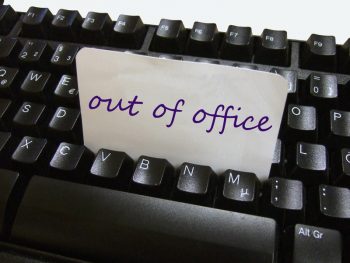
“You’ll learn more from spending an hour with a customer than you can from 50 market research reports,” says Adrian Slywotzky in The Art of Profitability.
If they’re talking openly and freely you will learn all sorts of wonderful things. Insights into what their business challenges are, how they really use your product and what they wish it would do. Sometimes they even let slip what your competitors are up to.
In B2B (Business to Business) this means more than being dragged into a sales meeting to close a deal or going along to explain why something has gone wrong. In the first situation, you’re in sales mode and the customer will be ready for a negotiation, in the second you’re apologizing and the customer is likely to be angry or upset.
What you want is an open and honest exchange as equals.
To set the tone you could tell them that you’re working on your roadmap and would value their input. Maybe suggest meeting for a coffee to make the meeting more relaxed and try and do it one-to-one without anyone else. We provide a list of questions you could ask in our Market Analysis Journal.
In B2B it can be a challenge to meet customers for any purpose other than sales support. But, even if that is the initial reason for a meeting you may be able to influence the agenda to meet your broader interests. And, after the first meeting, you’ll have a direct relationship with the customer which can help you set up future one-to-one meetings.
If you work in B2C (Business to Consumer) you may have friends or family who are customers and who will give you their honest opinions. Another great option is to sit for a couple of hours with the telephone support team or if your company has retail stores – spend some time working there.
These insights give you confidence and real power when it comes to making product decisions and influencing senior level discussions.
So how often should you talk to customers? If it’s only now and again you can fall into the same trap that is often leveled at salespeople i.e. that the market gets defined by the 1 or 2 customers that shout the loudest. So give customer meetings a regular slot in your calendar.
One of the world’s most successful companies is Toyota. Their success is often attributed to their production systems and a key tenant of this is “genchi gembutsu”. In Japanese, this means go and see. In essence, it means it is unacceptable to take anything for granted or to rely on the reports of others. You cannot be sure you understand any part of a business problem unless you go and see for yourself first hand.
Ian Lunn
Director, Product Focus


Join the conversation - 2 replies
Excellent post, actually motivated me to call a client and set up some casual feedback meetings.
Thanks for the ideas!
So true. From my experience talking to a customer asking feedback for a roadmap makes that roadmap also a mutual development and actually customer-driven. Thanks for your insights!